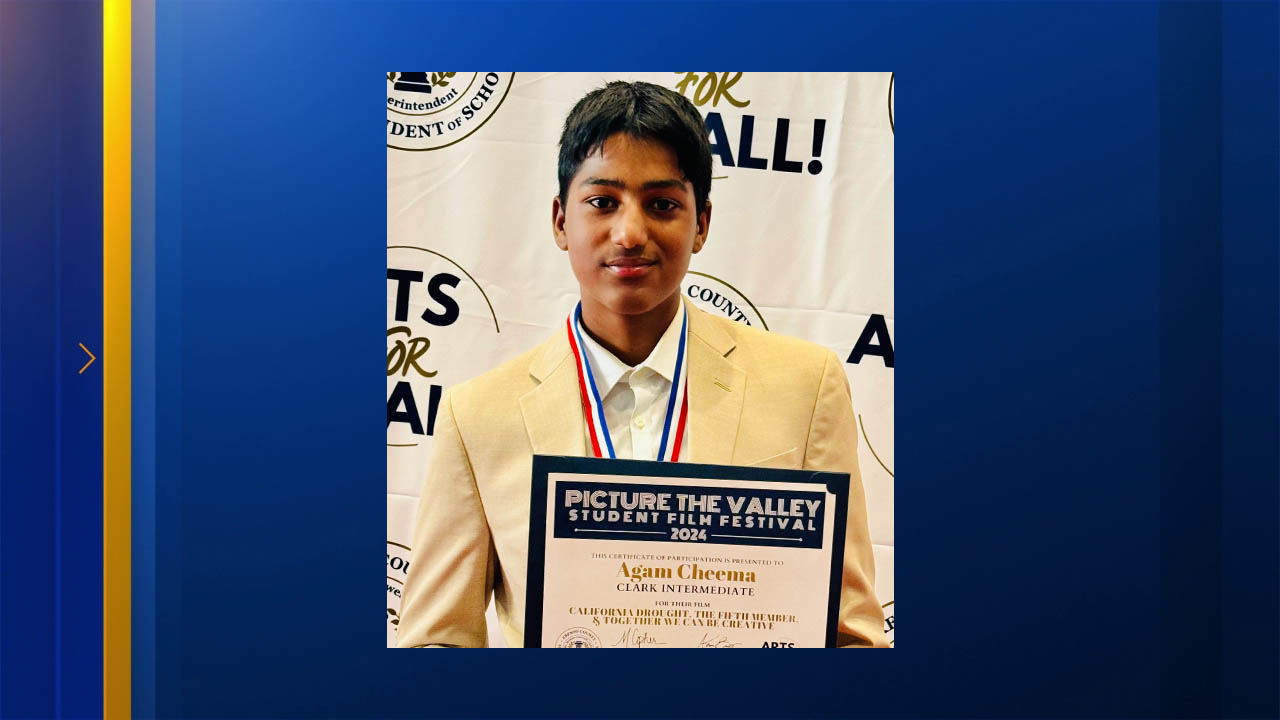What to know about the 4th Republican presidential debate

An even smaller field of Republican presidential candidates will face off in the fourth primary debate on Wednesday in Alabama.
Viewers will see fewer hopefuls on stage after South Carolina Sen. Tim Scott suspended his campaign last month. The party's higher thresholds to qualify may also prevent some candidates from making the cut.
Former President Donald Trump, the front-runner, according to polls, is once again not expected to participate. He'll be fundraising instead.
Here's what to know about the fourth Republican presidential primary debate.
How to watch the debate
The debate -- which will be held at the University of Alabama in Tuscaloosa -- will air on NewsNation, a relative newcomer in the 24-hour cable news landscape, at 8 p.m. EST on Wednesday. It will also be broadcast in the Eastern and Central time zones on the company's broadcast television network, The CW.
The faceoff will be livestreamed on NewsNation's website as well as on Rumble.
The moderators will be Elizabeth Vargas, the anchor of NewsNation's "Elizabeth Vargas Reports"; Megyn Kelly, the former Fox News and NBC News anchor who now hosts "The Megyn Kelly Show" on Sirius XM; and Eliana Johnson, editor-in-chief of The Washington Free Beacon.
ABC News will live blog the action on the debate stage and provide key takeaways while 538 will share analysis.
Who will be participating in the presidential debate?
It appears that four candidates will make the fourth debate, which, as with previous debates, has an increasingly heightened threshold to make the stage.
The Republican National Committee announced Monday night that four candidates have cleared all polling, donor and pledging benchmarks to participate: Florida Gov. Ron DeSantis, former U.N. Ambassador Nikki Haley, tech entrepreneur Vivek Ramaswamy and former New Jersey Gov. Chris Christie.
The RNC appears to have let Christie, who did not seem to clear all their polling requirements, into the debate hinging upon a survey that was conducted ahead of Sept. 15 -- the start of the qualification window outlined by the RNC for this debate.
"The fourth debate is another fantastic opportunity for our Republican candidates to share our winning agenda with the American people. President Reagan was the first sitting president to visit the University of Alabama nearly 40 years ago, just before cruising to a landslide victory in 1984, and I'm thrilled to return our conservative message to Tuscaloosa on Wednesday night," RNC Chairwoman Ronna McDaniel said in a statement.
Scott, who participated in the third debate, suspended his campaign in mid-November.

How do candidates qualify for the fourth debate stage?
The RNC upped its qualification criteria for candidates to participate in the fourth debate.
This time, the national party said participants need to be polling at 6% or higher in two national polls or in one national poll and at least 6% in one early poll from two separate "carve out" states, which include Iowa, New Hampshire, Nevada and South Carolina.
The polling requirement is an increase from the 4% needed for the third GOP debate.
Additionally, to make the stage, the White House hopefuls must now have 80,000 unique donors that include at least 200 people in 20 or more states or territories
MORE | North Dakota Gov. Doug Burgum ends 2024 Republican presidential bid days before the fourth debate
All candidates must also sign a pledge to support the party's eventual 2024 nominee if they want to participate.
The candidates needed to have met the requirements no later than 48 hours before the debate.
Will Donald Trump participate in the debate?
Trump did not attend the first three debates, indicating he saw no point given his large polling lead -- and it appears he won't participate in the fourth one either.
"President Trump's statement was that he would not attend the debates," adviser Chris LaCivita said in the days following the second debate. "Plural ... And that's his position until it's not."
Trump is scheduled to be at a campaign fundraiser in Florida on the day of the debate.
Appearing on Fox News last week, Haley urged Trump to stop "hiding" and join in on the debates.
"He needs to get on the debate stage. He needs to confront us," she said. "He needs to let us, you know, talk about the differences and go forward."
ABC News' Isabella Murray contributed to this report.











